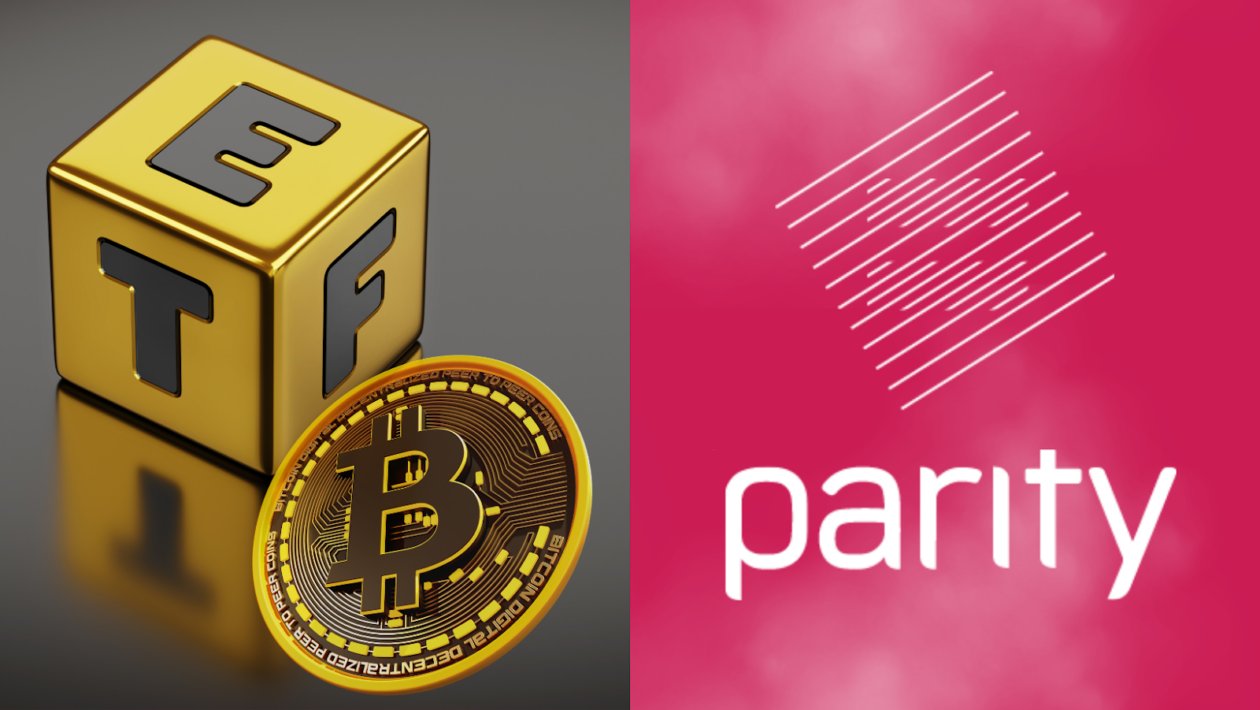A Comprehensive Review of the Many Considerable Stories and Insights From the Digital Currencies Market
The digital currencies industry has undergone transformative adjustments that require a closer examination of its most significant narratives. From heightened regulative procedures aimed at guaranteeing compliance to groundbreaking technological improvements that improve the performance of transactions, the landscape is rapidly progressing.
Governing Developments in Digital Currencies
The landscape of electronic money is significantly formed by regulative advancements as federal governments and economic authorities seek to establish frameworks that stabilize advancement with consumer defense and monetary security - copyright news. Over the last few years, worldwide regulatory authorities have actually intensified their scrutiny of electronic currencies, addressing worries associated with money laundering, fraudulence, and market volatility
Nations such as the United States and participants of the European Union have recommended or passed regulation targeted at developing clear guidelines for copyright procedures. These regulations commonly require exchanges to implement Know Your Consumer (KYC) plans and follow anti-money laundering (AML) procedures. Nations like China have taken a much more restrictive strategy, outright banning copyright trading and Initial Coin Offerings (ICOs)
The introduction of Central Bank Digital Currencies (CBDCs) better complicates the regulatory landscape, as countries check out government-backed digital currencies as a method to boost economic addition and improve transactions. As regulatory authorities globally work to develop meaningful policies, the digital money market need to browse these developing guidelines to foster innovation while making sure robust consumer protections and systemic security. On the whole, ongoing regulatory advancements will substantially affect the future trajectory of digital money and their integration right into the worldwide financial system.
Technical Advancements Forming the Industry
Technological innovations are essentially transforming the electronic currency sector, driving improvements in security, scalability, and transaction efficiency. One of one of the most noteworthy innovations is the implementation of blockchain modern technology, which gives a decentralized ledger that enhances openness and reduces the threat of fraud. copyright news. This modern technology permits protected peer-to-peer purchases without the demand for intermediaries, therefore streamlining processes and decreasing prices
In addition, the surge of Layer 2 options, such as the Lightning Network for Bitcoin and various Ethereum scaling solutions, has considerably enhanced purchase throughput. These technologies enable faster and more affordable transactions, dealing with the scalability issues that have tormented numerous blockchain networks.
Smart agreements have actually likewise become an essential development, automating processes and lowering the need for hand-operated treatment. These self-executing contracts assist in trustless arrangements, consequently enhancing the total efficiency of digital purchases.
Additionally, improvements in cryptographic methods, such as zero-knowledge evidence, are boosting privacy while keeping conformity with governing criteria. Collectively, these technological innovations not just reinforce the framework of electronic currencies but additionally pave the method for more comprehensive fostering and combination right into the international monetary system.
Increase of Decentralized Money

Within this framework, various applications have actually arised, consisting of decentralized exchanges (DEXs), lending systems, and return farming protocols. These systems permit users to trade assets, obtain, and offer without relying on traditional financial institutions, hence improving financial inclusion. Additionally, smart agreements play an important role in automating purchases and applying arrangements, which minimizes the danger of counterparty defaults.
The DeFi landscape has actually seen exponential growth, with overall worth secured DeFi methods getting to billions of dollars. This surge reflects growing rate of interest from both retail and institutional investors looking for alternatives to traditional monetary items. The surge of DeFi also raises concerns about regulatory conformity, security vulnerabilities, and market volatility.
As the DeFi sector develops, it presents an opportunity for advancement while additionally challenging existing financial norms, possibly improving the hop over to here future of worldwide money for many years to come.
Mainstream Fostering of Cryptocurrencies
Increasing rate of interest in cryptocurrencies has actually thrust them into mainstream financial discourse, with countless people and organizations identifying their potential as practical possessions and cashes. The boosting approval of electronic currencies has been confirmed by their combination into different markets, consisting of retail, money, and innovation. Major firms such as Tesla and copyright have begun to approve cryptocurrencies as settlement, further legitimizing their use in day-to-day transactions.

As regulatory structures progress, they are giving a more clear path for cryptocurrencies to coexist with standard monetary systems. This regulative clearness is essential for cultivating trust fund and urging further investment in digital possessions. In addition, the surge of easy to use platforms has actually simplified accessibility for the ordinary consumer, promoting more comprehensive engagement in the copyright economic climate.
Future Trends and Forecasts
Looking ahead, the future of digital money is positioned for considerable evolution driven by improvements in technology and adjustments in market characteristics. As blockchain technology proceeds to develop, we are likely to see raised scalability and interoperability among various digital currencies, promoting an extra natural environment. This technical development will make it possible for faster purchase speeds and lower costs, making digital money a lot more attractive for everyday usage.
Additionally, find here regulative frameworks are anticipated to become a lot more specified, offering more clear standards for companies and financiers. This governing clearness will likely urge institutional fostering, as financial entities look for to incorporate digital currencies right into their procedures. The rise of main financial institution electronic currencies (CBDCs) will certainly additionally reshape the landscape, as governments check out means to digitize their financial systems while making sure security and safety and security.
In addition, the integration of expert system and artificial intelligence in trading and investment approaches will boost market evaluation and decision-making processes. As electronic currencies continue to get grip, customer education will play a crucial role, encouraging people to navigate this complex environment efficiently. Generally, the trajectory of electronic currencies suggests a transformative phase, identified by advancement, law, and broader acceptance.
Conclusion
